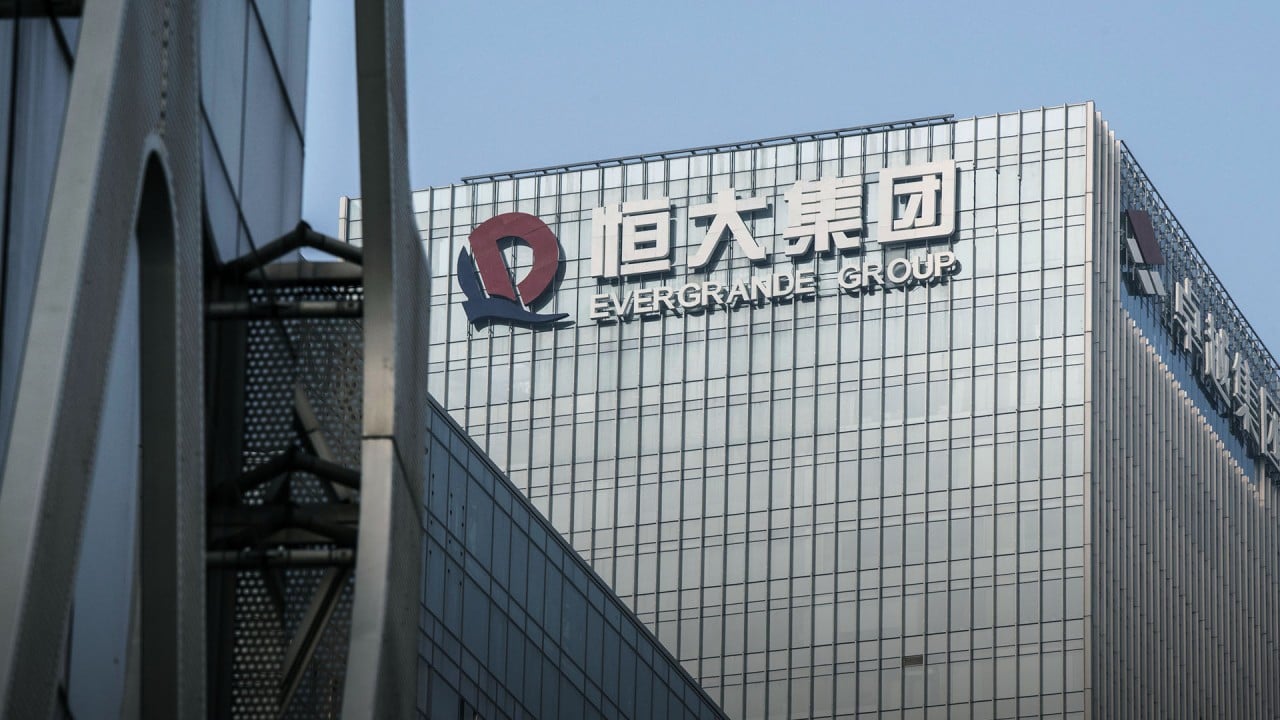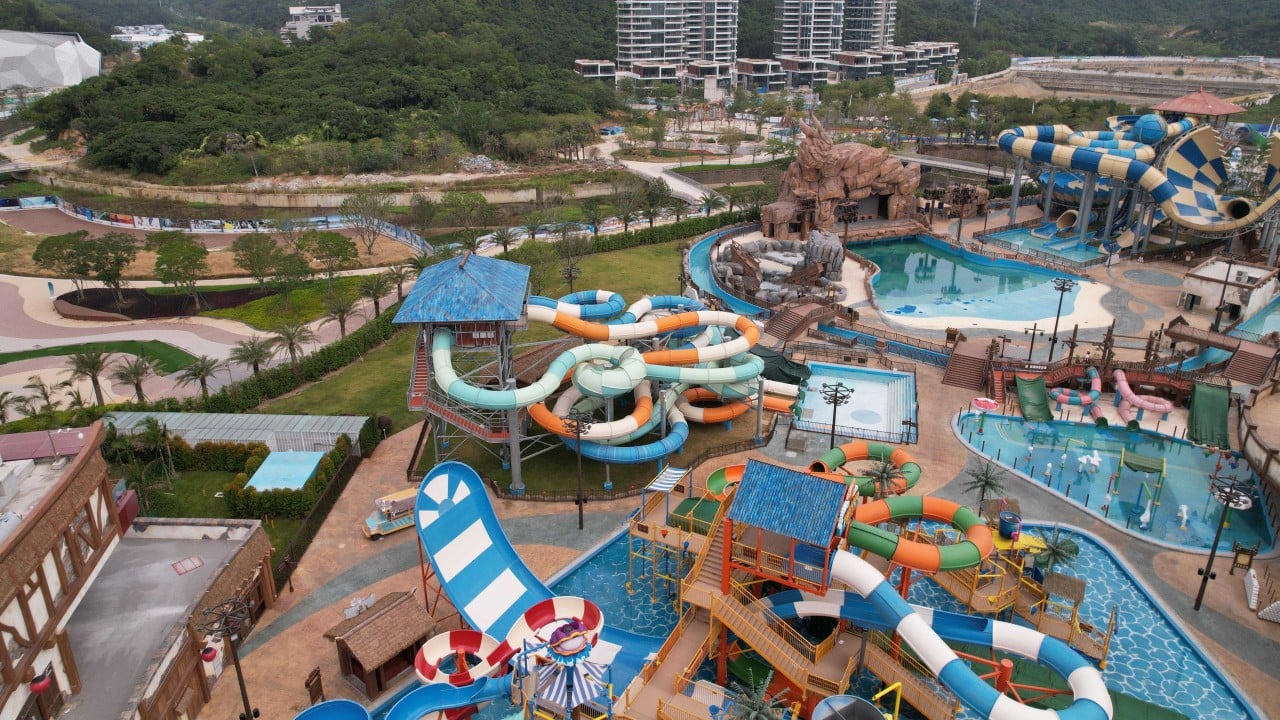
Victor Li’s CK Asset submits bid for China Evergrande’s flagship Hong Kong building in lifeline for distressed developer
- The grade A building, built in 1985, has a total floor area of 345,424 square feet (32,000 square metres)
- At the time of the deal, the building had a 100 per cent occupancy rate, but today this has dropped to mid-70 per cent, according to property consultants Colliers
The 26-storey tower, bought by Evergrande for HK$12.5 billion (US$1.61 billion) in 2015, is one of the key assets marked for disposal by the Shenzhen-based developer. The private sale by tender closes on Thursday, industry sources said.
Henderson Land Development and Far East Consortium told the Post they did not bid for the asset, while Sun Hung Kai Properties and Hang Lung Properties declined to comment.
What price can China Evergrande expect for its Hong Kong headquarters?
The Grade A building, built in 1985, has a total floor area of 345,424 square feet (32,000 square metres). At the time of the 2015 transaction, the building had a 100 per cent occupancy rate, but today this has dropped to mid-70 per cent, according to property consultants Colliers.
The US$1.61 billion deal set a record for the single largest transaction for an office building in Hong Kong at that time. At HK$36,187 per square foot, it was also an all-time high.
“If the proposal was delayed or the terms were disappointing, liquidation could become a real possibility,” said Lawrence Lu, senior director at S&P Global Ratings. “This would be a huge frustration to the investors, who are already not expecting much at this point.”
“If there is a holistic plan that responds to the demands from creditors, including onshore and offshore bondholders and private loan lenders, and offers a solution to improve the company’s capital structure, this could give some clue to the Chinese developers as well as the government’s stance on the issue,” he added.
Money managers, market observers and other distressed developers will be looking closely at options such as asset disposal plans, potential haircuts and debt-to-equity swap that Evergrande could offer, apart from extending maturity deadlines like its distressed peers.
The developer failed to pay the interest on US$645 million and US$590 million of junk bonds in December, even after a grace period, triggering a cross-default on its other borrowings. Its bond maturing in January 2023 has fallen by more than 85 per cent in the past year to about 8 cents to the dollar.
Evergrande was warned in June that it could face a delisting in Hong Kong.
“The market has extremely low expectations on the recovery prospects of defaulted high yield bonds,” said Andy Suen, portfolio manager and head of Asia ex-Japan credit research at PineBridge Investments. “It is not pricing in any smooth execution of restructuring or material recovery value in the near term even for names that were perceived to be of relatively higher quality.”
So far, 20 Chinese developers have failed to repay principal or coupon of their bonds while another seven have asked investors to extend their maturities. And with the list of defaulters growing, few have explained how they plan to resolve the problem, forcing investors to shun them.
“It would still be necessary to consider the untested outcome of debt restructuring in China and the drawn-out court cases that it can involve,” said Anitza Nip, head of fixed income research for Asia at Union Bancaire Privée. “History of past defaults in Chinese credit do not bode well for this distressed asset class.”
The financial health of Evergrande and other property developers has been a major concern for investors over the past year, in part because of the sector’s massive role in China’s economy.
“If Evergrande’s plan is rolled out successfully, it would kick-start the economy,” said Ken Fung, senior managing director for corporate finance and restructuring at FTI Consulting.
“You need to have a mechanism that could give any kind of investor and lender trust, with information and transparency being addressed, if any Chinese entity, including developers, would like to tap offshore financing.”



